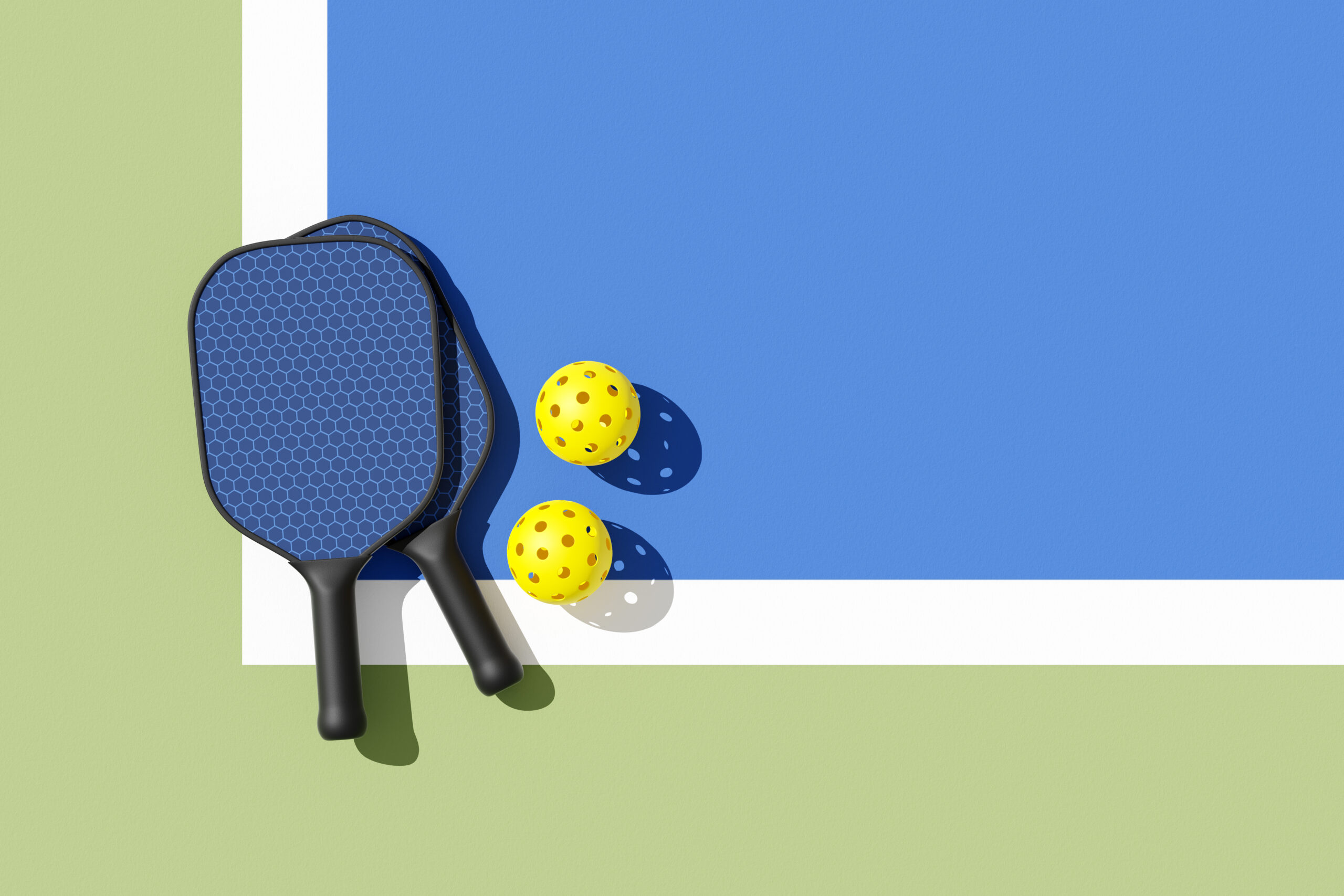By John Chipponeri
When I step onto a pickleball court, I’m not just holding a paddle—I’m entering a space where body, mind, and spirit can meet. Pickleball is often seen as a fast-growing sport that brings people together for fun and competition, but I’ve found it can also be a practice in presence. In many ways, it reminds me of the lessons I’ve drawn from Sufism, the mystical branch of Islam that emphasizes connection with the divine through love, presence, and awareness.
It may seem unusual to connect an ancient spiritual path with a modern game involving plastic balls and paddles, but the link is there. Both invite us to bring our full selves into the moment. Both ask us to let go of ego and distraction. And both can show us that the way we play reflects the way we live.
The Growing Appeal of Pickleball
Pickleball has exploded in popularity in recent years. Part of its charm is how accessible it is—anyone, regardless of age or skill level, can step onto a court and learn quickly. Games are fast-paced but not overwhelming, social but still competitive.
For many, it’s just about exercise and fun. But if we slow down, pickleball offers more than just physical activity. It becomes a space to practice presence—to notice our reactions, to tune into our bodies, and to connect with others beyond winning or losing.
Sufism and the Practice of Presence
Sufism is often described as the heart of Islam, focusing less on rules and more on direct experience with the divine. One of its central teachings is presence—being awake and aware in each moment. Sufi mystics use poetry, music, and movement as ways to connect with God, reminding us that the sacred can be found in ordinary acts.
Presence in Sufism means letting go of distractions, ego, and illusions, and instead showing up fully to whatever is before us. Whether it’s prayer, conversation, or even play, the invitation is the same: bring your heart into the moment.
The Court as a Classroom
When I play pickleball, I notice how quickly my mind can wander. Sometimes I’m thinking about the last mistake I made, or worrying about whether I’ll win the game. Other times I’m distracted by what’s going on in my life outside the court.
But pickleball punishes distraction. If I’m not present, I miss the ball. If I let frustration cloud my focus, my game falls apart. In that sense, the court becomes a classroom, teaching me to let go of the chatter in my head and return to the now.
This is exactly what Sufism teaches: that presence is not optional if we want to live fully. The game becomes a mirror, showing me where I’m caught in ego or fear, and inviting me back into awareness.
Playing with Purpose
In Sufism, purpose isn’t about personal achievement—it’s about alignment with something greater. The same idea can transform the way we approach pickleball. Instead of playing only to win, we can play to connect, to grow, and to practice presence.
Here are a few ways I’ve noticed this shift:
- Listening More Deeply – Just as Sufi practice emphasizes listening with the heart, I’ve learned to listen on the court. Not just to the sound of the ball, but to my partner’s rhythm, my opponent’s energy, and my own breath.
- Letting Go of Ego – Sufism warns against being ruled by the ego. In pickleball, ego shows up when I want to dominate, impress, or refuse to admit mistakes. Playing with purpose means setting ego aside and embracing humility.
- Finding Joy in the Moment – Sufi poets often write about divine love as joy. On the court, joy comes when I laugh at a ridiculous rally, celebrate a good shot from an opponent, or simply feel grateful to be moving and alive.
The Spiritual Side of Sport
We often separate sports from spirituality, treating one as entertainment and the other as something sacred. But I’ve come to see that the two are not so different. Both ask us to bring our bodies, hearts, and attention into harmony. Both invite us to notice where we are distracted and where we are present.
For me, pickleball is not just about athleticism. It’s about learning patience, humility, and presence. It’s about remembering, as the Sufis remind us, that every moment—whether on a prayer mat or a pickleball court—can be an opportunity for connection.
Closing Thoughts
Pickleball may never be mentioned in ancient Sufi texts, but the spirit of presence runs through both. When we bring intention to the game, it becomes more than just recreation. It becomes practice.
Every time I play, I have a choice: will I get lost in distraction and ego, or will I step fully into the moment with awareness and gratitude? For me, that’s the deeper game—the one that matters long after the score is forgotten.
In the end, both Sufism and pickleball remind me of the same truth: life is happening now. Show up, be present, and play with purpose.
